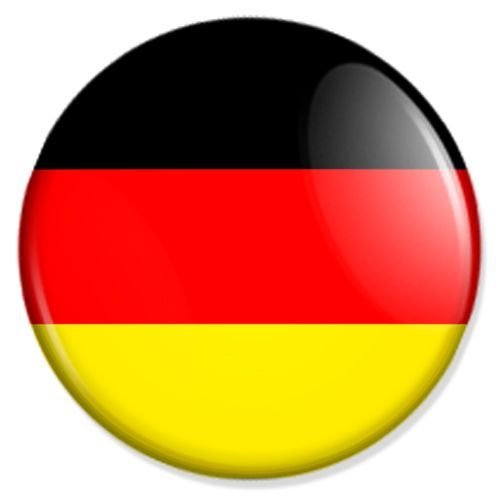Germany has some of the world’s most valuable brands, as well as a significant international market for brand owners from a variety of nations.
Trademark in Germany provides certain significant benefits to brand owners:
- The country’s intellectual property (IP) enforcement regime is among the most robust and efficient in Europe
- Trademark enforcement proceedings, in particular, are comparably fast
- Lower costs than in many other countries
- Extremely efficient preliminary injunction process
We’ve also included a list of additional major benefits relating to the IP protection provided by German trademark law below:
1. Unregistered trademarks
In addition to German, European Union (EU), and international trademark registrations, German trademark law protects unregistered marks that have acquired secondary meaning as trademarks during the course of business (including “famous marks” as defined in Article 6b of the Paris Convention).
2. Company names, work titles, and domain names
In a similar way as trademarks, company names and work titles are protected under German trademark law. As a result, it’s necessary to search for unregistered company names and work titles, as well as the existence of registered rights, while doing clearance searches in Germany.
Company names are unregistered (distinctive) signs that appear when they are utilized in the course of business and continue to exist as long as they are used in Germany.
“Work titles” – the titles of printed publications, cinematographic works, musical works, dramatic works, or other comparable works – can also acquire protection under German trademark law, provided they are distinctive. Similar to company names, they come into existence when used for the respective work and subsist as long as they are used. Depending on the circumstances, they can impose an obstacle to trademarks, too.
It is feasible to publish a so-called title announcement appropriate for German publications in order to gain protection for the title of prospective work.
Domain names can be protected under the company name regime if they are utilized for the commercial offer of goods and services.
3. Trademark enforcement
In comparison to other nations, Germany’s courts have highly specialized judges and judgments are made rather rapidly. Obtaining a preliminary injunction might be faster and easier in many circumstances. As a result, corporations with a substantial presence in Germany could consider taking legal action there.
4. Preliminary injunctions
In Germany, preliminary injunctions are a powerful tool. Preliminary injunctions allow plaintiffs to protect their trademark rights while they await a final judgment in time-sensitive cases. Although they may not provide the same level of protection as a possibly successful final decision, parties frequently settle after a preliminary injunction is granted, saving time and money over a trial.
The court can grant an ex parte injunction in obvious and very urgent instances, allowing plaintiffs to obtain a preliminary injunction without an oral hearing within 24 to 48 hours. The injunction takes effect immediately, allowing infringing items to be rapidly removed from the market. While the defendant has the right to appeal the judgement, such appeals can take time and have no suspensive impact in and of themselves.
Because IP infringement is common throughout Germany, the plaintiff can often forum shop and file in courts that are considered to be more pro-rights owners depending on the venue of the tort.
5. Protective writs
The most significant effect of a protective writ is to improve the likelihood of a court not issuing a preliminary injunction at all, or at the very least order an oral hearing. Protective writs are filed in a central computerized register that courts must examine whenever an application for preliminary injunction is filed.

